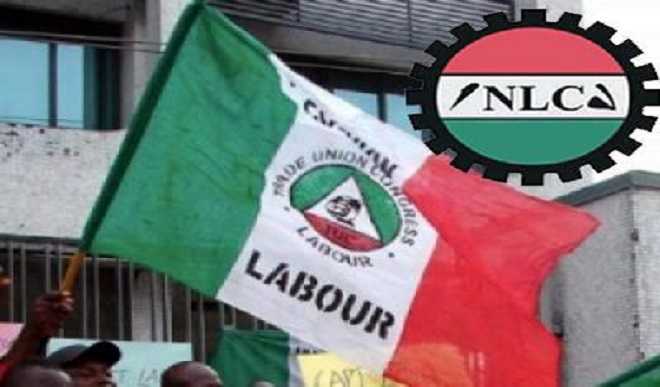Policy on vehicle duties unrealistic – NLC
The Nigeria Labour Congress (NLC) has described as `unrealistic` the recent announcement by the Nigerian Customs Services directing motor dealers and private car owners whose customs duty has not been paid, to do so between March 13 and April 12, 2017 or face prosecution. The NLC, in a letter, dated March 7, […]


The Nigeria Labour Congress (NLC) has described as `unrealistic` the recent announcement by the Nigerian Customs Services directing motor dealers and private car owners whose customs duty has not been paid, to do so between March 13 and April 12, 2017 or face prosecution.
The NLC, in a letter, dated March 7, addressed to Comptroller-General of Nigeria Customs Colonel Hameed Ali (Rtd) it said the new policy would create unimaginable chaos and suffering for innocent vehicle users.
The letter signed by NLC president Ayuba Wabba stated that the policy is “self-serving and will in the end enrich unscrupulous Customs personnel.”
The NLC said duties on imported vehicles are payable at the point of entry, saying it’s unfair and unacceptable for vehicle end-users who have no hand in the importation of their vehicles to be subjected to trauma.
Part of the letter reads: “There is no information on the vehicles to be excluded from this exercise. This presupposes that the owner of a Morris Minor or a Peugeot 404 brought into this country in the 70’s is similarly affected.
“Beyond this, a state of mental siege is being created by all manner of endless verification and re-certification exercises in the country. It is thus morally wrong to inflict on the citizenry this kind of discomfort.’’
The NLC advised the Nigeria Customs to shelve the plan, adding that porous borders, as the Customs claim, are no justification for the proposed policy.
“Accordingly, in place of this unpopular policy which has received condemnation from all sectors of the economy, the Nigeria Customs Service should devise a coherent response that will deal with these challenges. Such a response, we believe, should focus on capacity building, modernization of operations, use of technology, massive corruption in the system and inspiration/incentivisation of officers and men in order for them to deliver on their mandate as well as meet annual targets.’’
